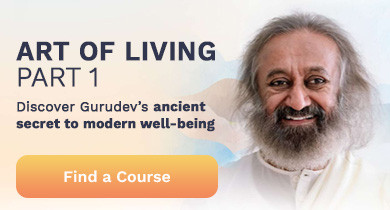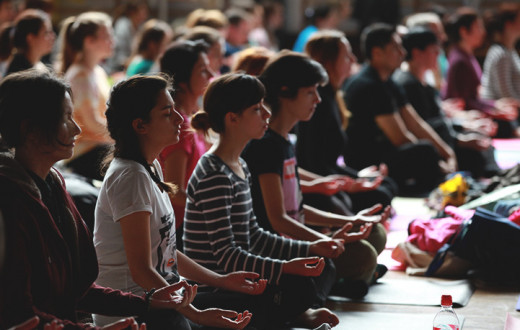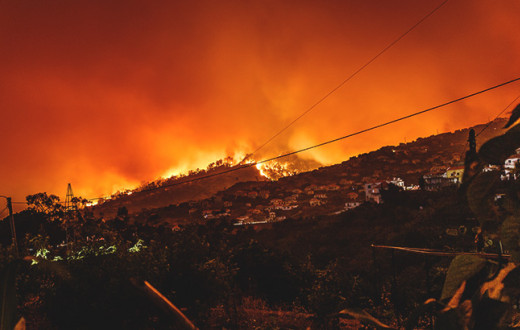By Elizabeth Herman | Posted: September 03, 2019
Recently, a rise in hate crimes and violence based on white nationalist ideologies have threatened a delicate balance that Americans had previously achieved, despite ongoing racism and anti-semitism. These bonds partly consisted of a tacit agreement, at least on the surface, which seemed to be strong enough to hold us together as a diverse, multicultural nation.
Nowadays, however, that consensus seems to have largely broken down. Fear of gun violence motivated by ethnic, religious, and racial animosity is rampant, leading groups to retreat into their own familiar tribal settings, and limiting our capacity to solve many basic problems that other countries tackle more effectively.
A personal perspective
As a Jewish female, I’ve been facing increased discrimination recently. I’ve made efforts to study African American literature, learned about America’s history of relying on slaves to build our economy, reflected on my own white privilege and empathized with the problems faced by racial minorities. Still, those efforts haven’t seemed to help prevent police brutality or hate crimes against people of color. Even though I live in a small college town, in a relatively safe neighborhood, there’s a dreadful, eerie pall lurking over the whole nation.
An African-American friend recently verbally targeted me as someone she perceives to be white, labeling me as racist and placing me in the same category as the white nationalists who also hate me for being Jewish. During my teenage years, I was physically assaulted by a stranger who was full of anger and stress due to racial issues. When I asked him why he chose to attack me, he said it was because I was “white.”
Ever since then, I have chosen to exercise my right not to identify myself with any such racial category, which I believe to be false at its basis. Whenever institutions, such as health clinics, human resources departments, and others, expect me to choose a race when filling out intake forms, I refuse to fit myself into their expectations. Usually I choose the “other” category, and write in my own race as “human,” rather than “white,” because I believe it’s unhelpful to continue to divide and separate ourselves into racial groupings.
The expressions of racial divisions happen throughout this culture, and Jewish people get caught in the middle. On the other hand, everyone is affected by violent hate crimes directed at Jewish, Hispanic, Muslim, and African American as well as European groups. These domestic terrorist attacks have become much more lethal due to the easy access to military weapons in civilian populations. A mass shooter who can kill dozens of people within only a few minutes doesn’t make sure that he only hits people from a certain group, so unintended targets get caught in the crossfire. Somehow, everyone must work to move beyond our collective anxiety about these horrific events, and stand up to bullies who say that these weapons of war belong in civilian society. They’re wrong.
Working against anti-semitism
Ilana Kaufman, an African American Jewish woman, works on racial justice issues in the Jewish community of San Francisco. She spoke on an NPR podcast soon after a mass shooting at a Jewish synagogue in Pittsburgh, Pennsylvania. She points to a different atmosphere in the U.S. now because “We have people in power who are using their institutional positions, that have traditionally been designed to bring us together as a country, to separate us as a country through anti-Semitism.“ Describing people of color as “An easy group to target,” she acknowledges that there are other, subtler ways to separate out cultural and religious minorities and that “White nationalism is designed to marginalize all of us.”
A museum dedicated to solving these problems globally is the Anne Frank house in Amsterdam. It documents how a Jewish family hid from the Nazis until they were captured and sent to concentration camps. Their daughter, Anne, wrote an eloquent diary that became famous after the war. Anne Frank’s diary is part of many schools’ reading lists in the U.S. today. However, holocaust education hasn’t stopped the current wave of anti-semitism and ongoing racism.
The museum’s website speaks against all forms of racism, saying, “After the Second World War, science showed that the classification of humanity into different races is wrong. There is only one race: the human race.” The Anne Frank house concludes that “categorizing people according to race is wrong and dangerous. Even so, some people still believe in the concept. If it is the basis for their hatred of Jews, it is undoubtedly racist.”
A culture of peace in diversity
Gun control, multicultural, multi-religious education, and nurturing human values are ways our society can help overcome the violent trends occurring today. Gurudev Sri Sri Ravi Shankar states, “We have seen in numerous instances around the world that these attacks are carried out by youngsters, who have been brainwashed into this ideology of hatred. To counter this, religious leaders can play a big role in imparting a multi-religious education and peace education. There’s a need to bring a shift from the idea of “sole ownership of heaven” to an ideology of “many paths to one goal.” Diversity is an essential characteristic of our planet and it’s through an education that honors diversity that children can grow into responsible global citizens.”
In addition, creating spaces where various groups can focus on common ground, and solidify commitments in favor of positive change, can bring about a shift in the world. As Gurudev Sri Sri Ravi Shankar describes this vision, “We need to come out of our isolated shells and become a part of something bigger and more beautiful, both individually and globally. The love and warmth that everybody carries within just needs the right environment to be brought out. Coming together in spirit itself creates an atmosphere of celebration.”
Meditation and cultural arts events with the Art of Living foundation help to make spaces of multicultural celebration real for thousands of people in the U.S. and across the globe. Because of our current atmosphere of fear and violence, the U.S. is in dire need of many expressions of diversity that embrace differences and offer compassion across boundaries that attempt to separate us.
Peace on our beautiful planet is definitely possible. Racism should be spoken and worked against, wherever it is. I hope that more of us in this country and in the world as a whole will attend and enjoy multi-religious, multi-ethnic, and multi-cultural events, and reach out to love our neighbors!
Elizabeth Herman writes, offers writing support to clients, teaches, and volunteers for a better world. She has a PhD in Rhetoric, Composition and Literature.



















